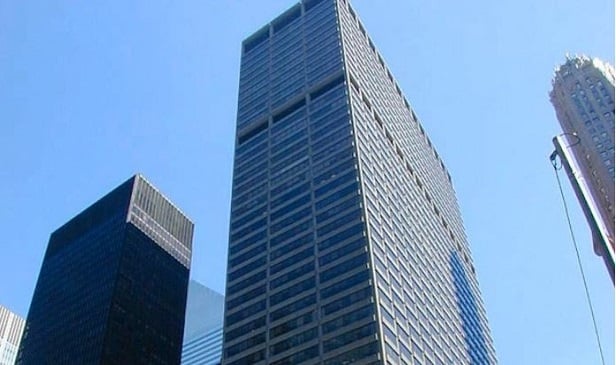HONSHU, JAPAN-A massive 8.8 magnitude earthquake spread from the epicenter here sending deadly tsunamis as far as Crescent City, CA and rocking Japan. The number of casualties from the earthquake are still coming in, with recent estimates in the hundreds of thousands. In an Associated Press report, David Applegate, senior science advisor for earth and geologic hazards for the US Geological Survey notes that there is likely tens of billions of dollars of structural damage in Japan caused by the quake. In light of Japan's delicate recovery, there is a threat of reigniting their recession, as well.
A spokesman for Prologis notes, "All of the Prologis associates in Japan are safe, which we are happy about. With respect to our facilities and customers, most of them are fine with some reports of minor damages." Prologis also notes that their customers that they have contacted are fine and "Fortunately we have some quick acting teams on the ground and we have superior earthquake protection built into our buildings, so both of those things have mitigated much of the damage that would have happened otherwise." A spokesperson for AMB, which recently announced a merger with Prologis, once they have confirmed damages and can get back on the ground in Japan, will look to institute a relief effort for its employers, customers and region.
As far as the economic impact of the earthquake, Real Capital Analytics global chief economist Dr. Sam Chandan notes that it could have been worse, but that is not saying all that much. "Given the magnitude of the earthquake, damages to the country's principal infrastructure, including major ports and the areas of major commerce, the losses could be much greater," he explains. "With that said, early estimates of damage are in the billions of dollars," noting this does not include the great loss of life.
The market's reaction has been somewhat muted, in the aftermath of the quake, mostly because Japan's building codes and the "robustness of the building structures in Japan" are built with earthquakes in mind, Chandan explains. What will follow will be large-scale searches for survivors and the restoration of basic services to the public, but what will follow this are more complex economic questions.
"Japan is clearly mobilizing politically and on the public level to address this crisis, the greater concern from a real estate investor perspective is there may be calls for the government to support a new round of spending to support the economy and to ensure the unexpected shock to the economy does not push Japan back into a recession," Chandan explains. The parliament has been struggling to create austerity measures to bring Japan's anemic economy and fathoms of debt into line, however as Chandan points out, "those sensibilities for the time being will be lost in an understandable desire to support local economic activity and assure that the Japanese economy doesn't fall back into a recession." The option is the Lady and the Tiger. Japan chooses to exacerbate its deficit problems or fall backwards economically.
Will this open the door for private infrastructure investment? Chandan does not believe there is a window in the short-term as the complexity of public-private partnerships to fund infrastructure move too slowly for the country's current needs, using the fastest route, direct public investment.
© 2025 ALM Global, LLC, All Rights Reserved. Request academic re-use from www.copyright.com. All other uses, submit a request to [email protected]. For more information visit Asset & Logo Licensing.







